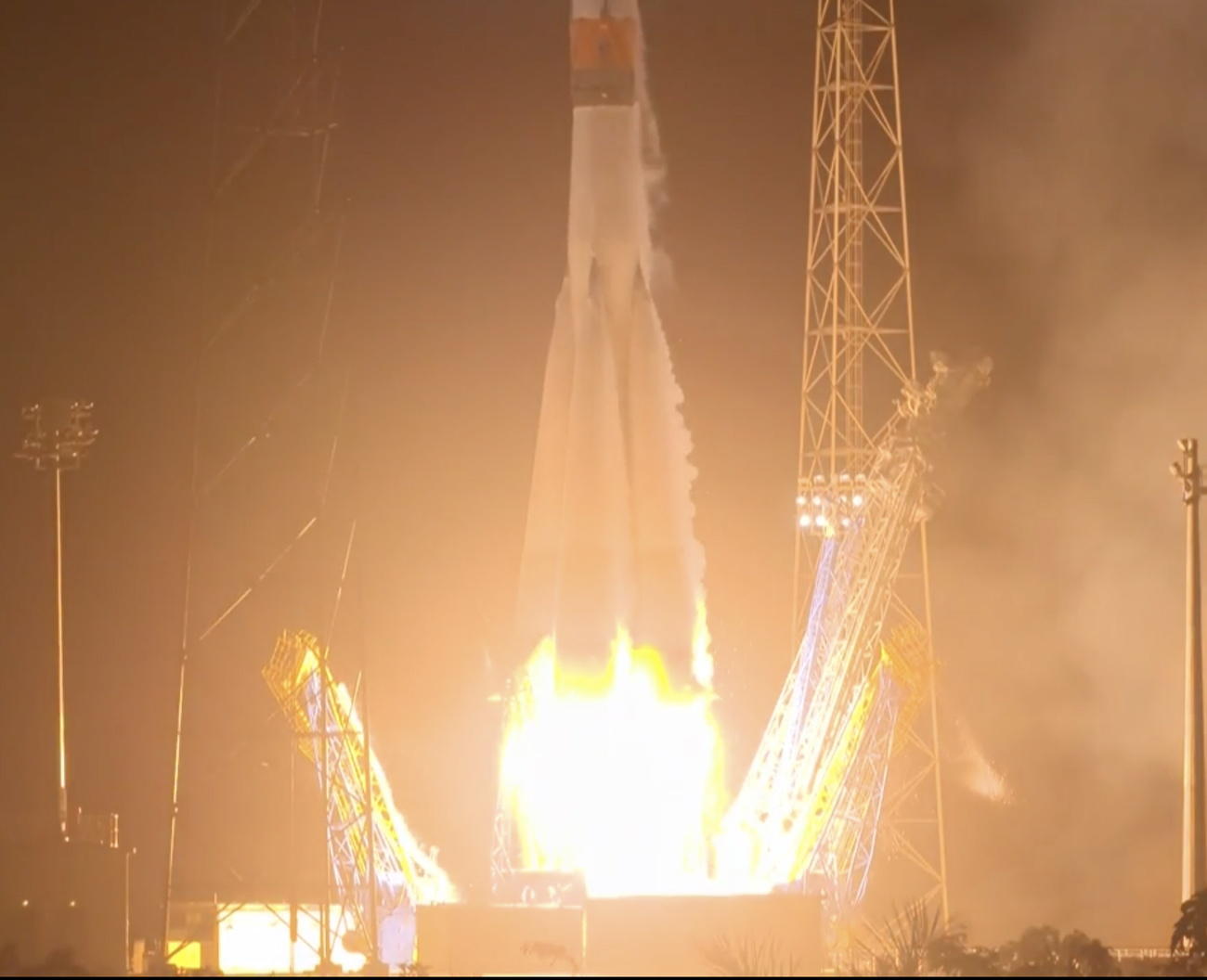
Solar Orbiter blasts off with Swiss telescope on board

The European-American Solar Orbiter probe took off from Florida on Sunday night with a Swiss X-ray telescope on board to study the Sun close up.
The European Space Agency (ESA) probe successfully launched at 11.03pm (local time, Sunday/5.03am Monday, Swiss time) from Cape Canaveral in Florida. It was launched aboard an American rocket as part of a partnership with NASA.
3-2-1 LIFTOFF! 🚀 We have liftoff of #SolarOrbiterExternal link at 11:03pm ET atop @ULAlaunchExternal link’s #AtlasVExternal link rocket as the spacecraft begins its journey to snap the first pictures of the Sun’s north and south poles. Watch: https://t.co/W3wMEfPxvBExternal link pic.twitter.com/0F6Jk6vhMLExternal link
— NASA (@NASA) February 10, 2020External link
Ten scientific instruments (209 kilos of payload) are packed on the mission, which costs €1.5 billion (CHF1.6 billion). Over the next decade it will study particle-laden storms on the Sun that can cause breakdowns of technological infrastructure on Earth.
After passing through the orbit of Venus and then Mercury, the satellite, whose maximum speed will reach 245,000 km/h, will travel as close as 42 million kilometres from the Sun, or less than a third of the distance between the Sun and Earth.
One of the ten instruments on board is an X-ray telescope called STIX (Spectrometer Telescope for Imaging X-rays), built by the University of Applied Sciences Northwestern SwitzerlandExternal link. While experts from seven European countries contributed to STIX, more than half of the costs were covered by Switzerland, making it a Swiss-led project. Other Swiss contributors were the Paul Scherrer InstituteExternal link and industrial partner AlmatechExternal link.
STIX will analyse high-energy X-rays, which are only produced at very high temperatures. By combining STIX’s results with those of the other instruments, scientists hope to get a very accurate picture of the enormous energy released by the Sun.

More
Swiss-developed exoplanet telescope launched into space

In compliance with the JTI standards
More: SWI swissinfo.ch certified by the Journalism Trust Initiative

















![The four-metre-long painting "Sonntag der Bergbauern" [Sunday of the Mountain Farmers, 1923-24/26] had to be removed by a crane from the German Chancellery in Berlin for the exhibition in Bern.](https://www.swissinfo.ch/content/wp-content/uploads/sites/13/2025/12/01_Pressebild_KirchnerxKirchner.jpg?ver=8f77363a)











You can find an overview of ongoing debates with our journalists here . Please join us!
If you want to start a conversation about a topic raised in this article or want to report factual errors, email us at english@swissinfo.ch.